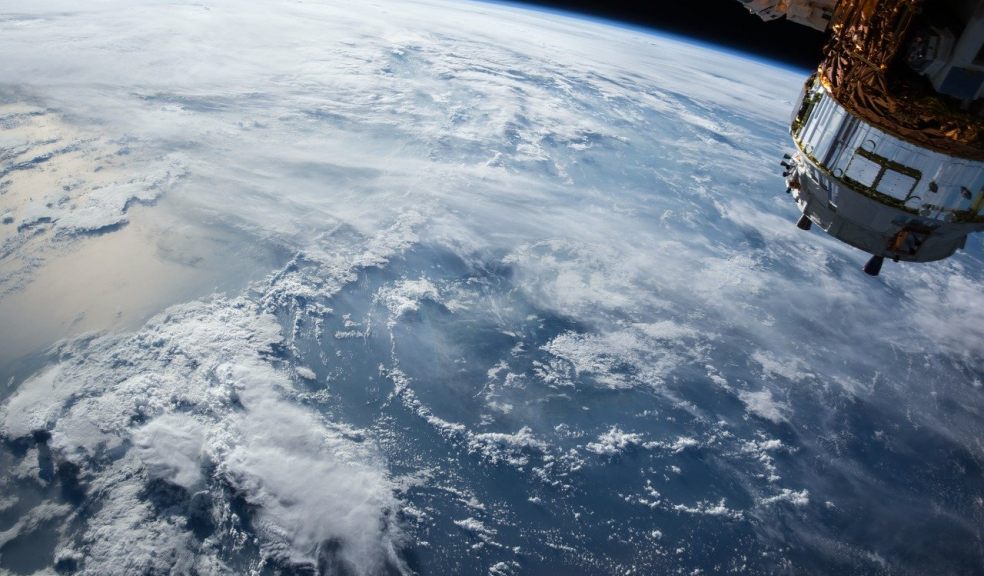
Spaceport Cornwall investment is giant leap for science and innovation in the South West
The Cornwall Council multi-million pound investment in Spaceport Cornwall is set to revolutionise businesses, jobs and skills in the region.
The University of Exeter has been working in partnership with Spaceport Cornwall, Virgin Orbit, Cornwall Council, the UK and European space agencies and the South West Satellite Applications Catapult to build expertise and business support services so that the region can reap the economic and societal benefits from the rapidly growing space industry.
The Spaceport will put Cornwall at the centre of the growing UK space sector, opening the hatch to a £15 billion industry with business opportunities ranging from manufacturing and design to engineering and research. In the next five years, Spaceport Cornwall plans to create 150 jobs and add £200m Gross Value Added (GVA) to the economy.
A major opportunity at Spaceport Cornwall is through the launch of satellites and space applications which play a critical role in our understanding of the environment, natural resources and changing world. To support this work the University of Exeter has established a South West Centre of Excellence in Satellite Applications based at the Penryn Campus.
The University is working with the Spaceport and Virgin Orbit to establish an Institute of Extreme Environments, which will bring together world-leading research in areas such as marine and polar sciences, deep earth mining, unmanned vehicles and medicine in extreme conditions. This together with expertise in alternative energy sources, human health, psychology, space law and sports medicine could make Cornwall a global leader for space environments research. The Institute will provide a platform for developing research and education programmes that will contribute to the estimated 30,000 graduates needed for the UK space industry by 2030.
The University of Exeter is also a leading higher education institution tackling the environment and climate emergency, and satellite data from space will give scientists greater scope to monitor temperatures and greenhouse gases, changing polar ice caps and sea-levels, land and water pollution, coastal erosion, deforestation and the impact on urban and rural life. We are committed to ensuring Spaceport Cornwall is a leader in greener, cleaner space launches and utilises alternative and sustainable technologies to minimise the carbon footprint.
Professor Sir Steve Smith, Vice-Chancellor at the University of Exeter said: “Our mission at Exeter is to make the exceptional happen by challenging traditional thinking and defying conventional boundaries. Spaceport Cornwall gives the whole region an opportunity to take a giant leap forward in science and innovation so that we address some of the big challenges of our time. It is also a great moment to inspire businesses and students to take advantage of the rapidly growing UK Space industry. We congratulate all the partners in making Spaceport Cornwall a reality and thank Cornwall Council for their leadership and investment for the local community.”
Patrick McCall Chair at Virgin Orbit said:
“The partnership with the University of Exeter provides a unique opportunity to utilise world-class research and teaching to revolutionise businesses, jobs and skills in the South West. It’s a great time to be involved in the UK space industry and through the South West Centre of Excellence in Satellite Applications we want to establish a team that leads the way in areas such as the environment, human health and our use of natural resources. Virgin Orbit is committed to working with the University of Exeter and all the Spaceport Cornwall partners to support local jobs and economic growth.”
Miles Carden, Director, Spaceport Cornwall said: “The assistance provided by the South West Centre of Excellence in Satellite Applications has been invaluable, and typical of the joined up approach employed across all Launch UK partners working together to launch the UK back into space.”














